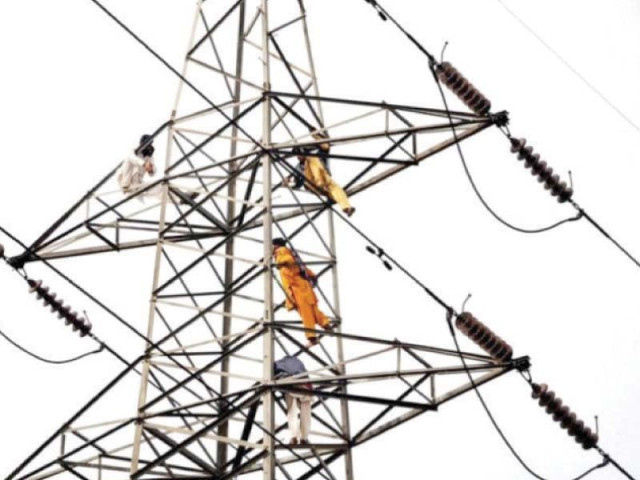IPPs council responds to IPR fact sheet
Power producers cannot affect price which is determined by NEPRA

A 2002 IPP is required to be available for 90% of the time in the year, and if it is short by even 1%, NTDC levies a heavy penalty on it. PHOTO: FILE
Independent Power Producers Advisory Council (IPPAC) has refuted the allegations leveled against IPPs by Institute for Policy Reforms (IPR) in its fact sheet released last week.
The council said that there is a lot of incorrect information in the IPR report that shows that there is a lack of familiarity in how the tariff works, and the terms of the Power Purchase Agreement (PPA). Also, it needs to be clarified that KAPCO and HUBCO are not under either 1994 or 2002 Policy, and any comment relating to KAPCO or HUBCO may not be applicable to all the other 26 IPPs.
IPR issues ‘fact sheet’ on independent power producers
IPPAC said that unlike GENCO plants, all IPPs have quality of service parameters built into their PPAs. A 2002 IPP is required to be available for 90% of the time in the year, and if it is short by even 1%, National Transmission and Despatch Company (NTDC) levies a heavy penalty on it.
Similarly, an IPP has to demonstrate its capacity every year through a test conducted by NTDC and during operations, if it is short on capacity, it is paid for only what it can deliver, and it is levied penalty for any shortfall. However, if it produces more, or is available more of the time, it is not paid any extra amount. The same way, it has to operate under a guaranteed efficiency tariff, and if its efficiency is lower, it is not reimbursed for the extra fuel, but has to pay for such fuel itself.
Several of the older IPPs, under the 1994 Policy, lose money on fuel, and the data is filed with Nepra, SECP, and Wapda every year.
IPPs see no threat from coal, clean-energy projects
Some IPPs under 2002 Policy have slightly better efficiency and some have slightly worse than those determined by Nepra, but it is to be understood that the committed guarantees are for the 30-year period, and as the plants age, the efficiencies are bound to go down, for which WAPDA/NTDC are not obliged to pay any more.
Furthermore, if a plant is asked to dispatch, strict time lines govern how much time it has to start up, or increase or decrease load, and if the IPP takes even a few minutes more, liquidated damages are imposed by the dispatcher. None of these service quality parameters exist in the public sector plants.
IPPAC further clarified that the billing by IPPs is governed by their PPAs, and has nothing to do with the reporting requirements. The efficiency is fixed by NEPRA, the fuel price by the Government and the actual units generated by the IPP are measured jointly on the first of every month on WAPDA Billing Meters.
Chronic power crisis to end by 2017: PM
There may be a “PSGR” report required by public sector plants, but no such term or reporting is present under IPP contracts. The billing, the mechanism for which is defined clearly, is carried out as per the agreement. IPPs have no authority over price- this comes under NEPRA.
IPPs are however, required to file their audited reports with SECP. They are also required by NEPRA to file annual regulatory accounts containing all possible information (more than 60 forms) about the plants, and all IPPs are providing this information. GENCOs efficiency is like any other state controlled enterprise. They are not cost effective, their efficiency is low, they are not dependable- because of these reasons they are not profitable.
Published in The Express Tribune, November 10th, 2015.
Like Business on Facebook, follow @TribuneBiz on Twitter to stay informed and join in the conversation.





1733130350-0/Untitled-design-(76)1733130350-0-208x130.webp)












COMMENTS
Comments are moderated and generally will be posted if they are on-topic and not abusive.
For more information, please see our Comments FAQ